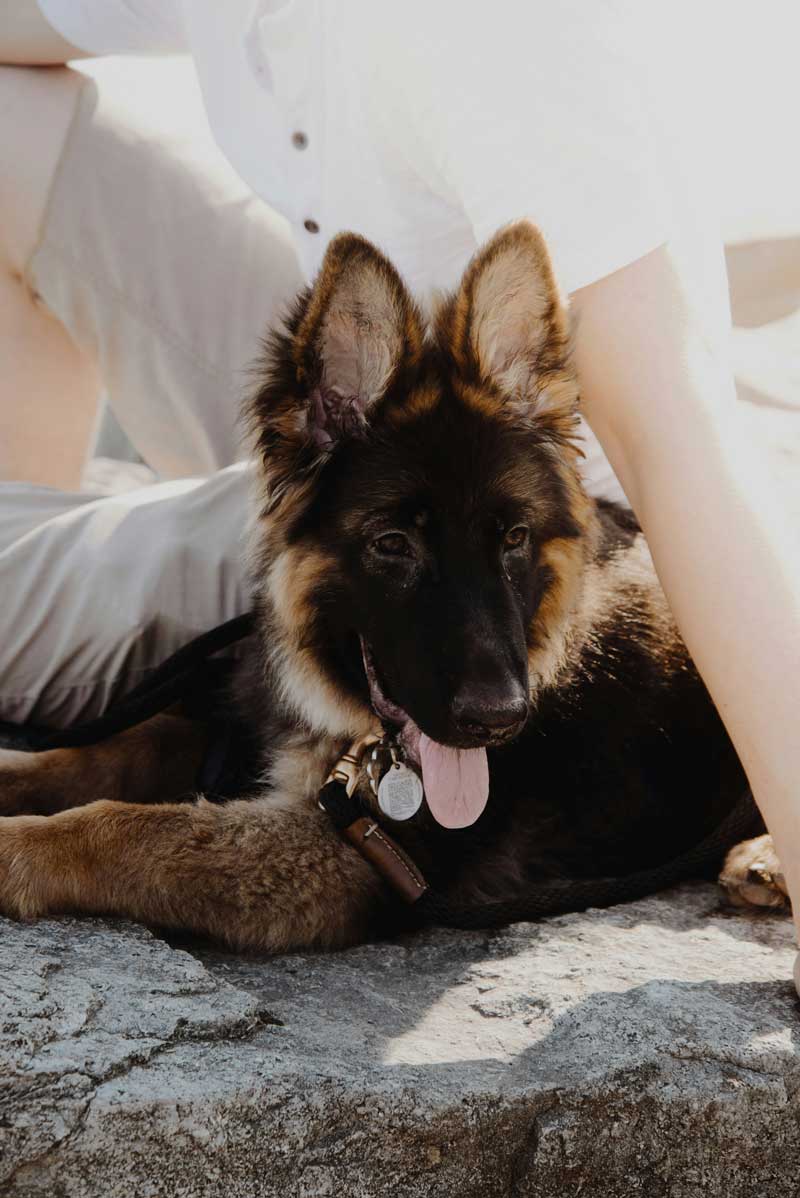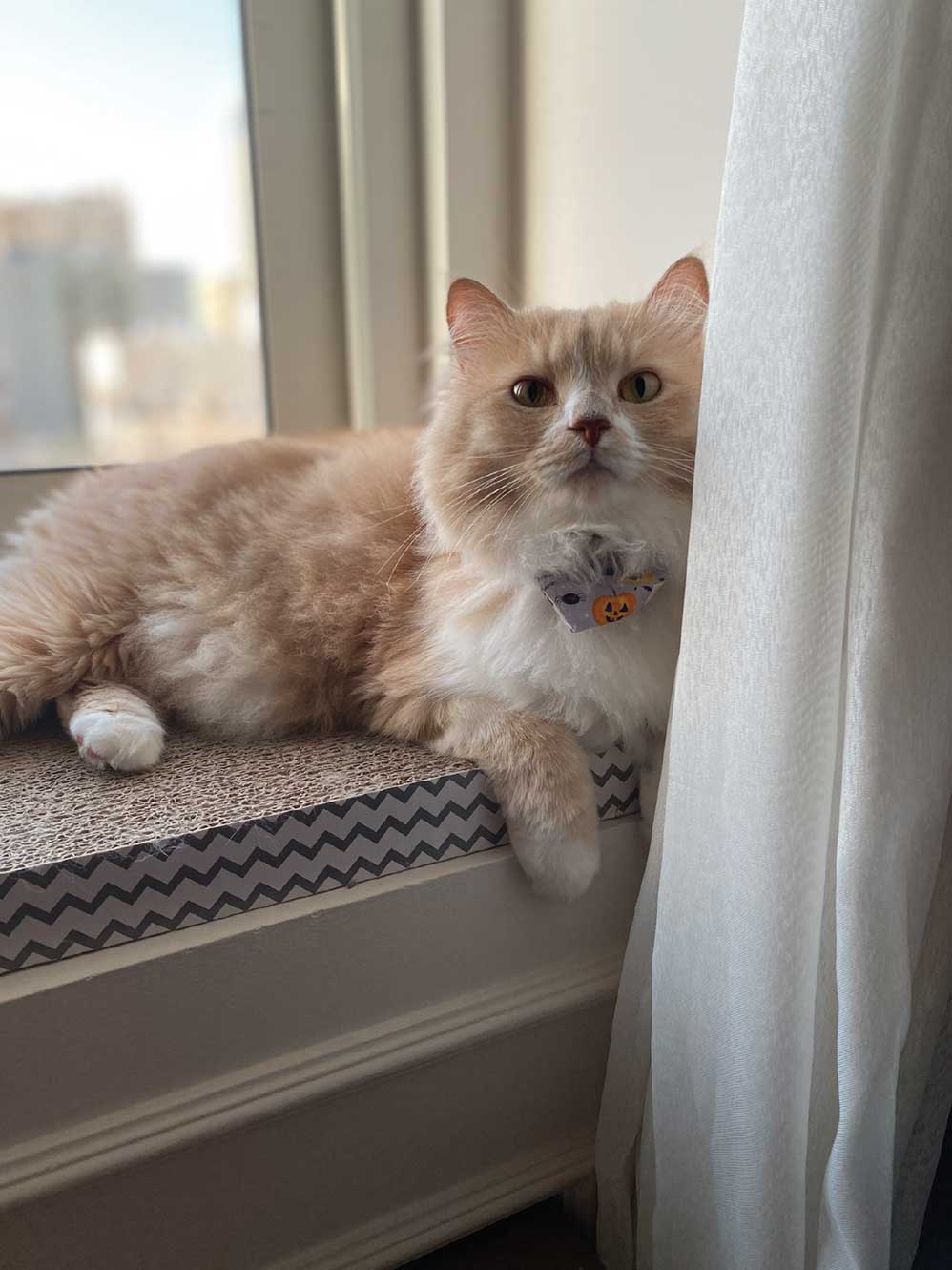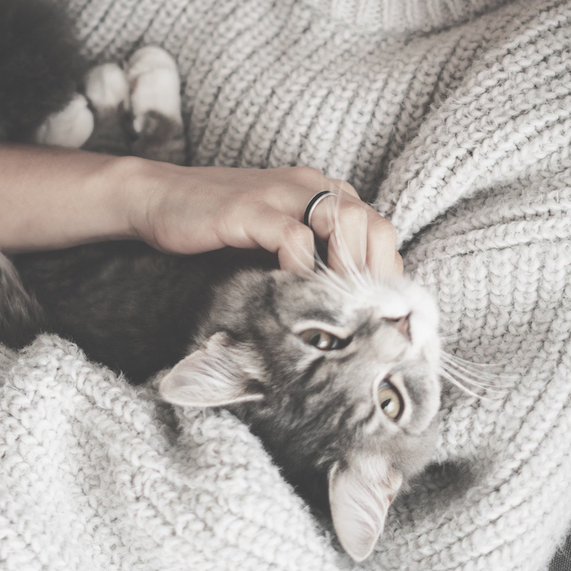Welcoming a furry friend into your life is an exciting and rewarding experience, but it’s important to understand the time and effort needed to be a responsible pet parent. Beyond their adorable faces, pets come with specific needs that demand our attention and care.
Even when life gets busy, making time for our pets every day is what counts. They rely on us entirely for their care, companionship, and to have their needs met. Here’s how to strengthen your bond, and the time commitment involved in ensuring your pet feels loved and content.

Play, bond, and cuddle
All work and no play is a big no for us, especially to our pets! They thrive on active play and exercise for their wellness and happiness. Without it, their excess energy can affect their behaviour. Try to spend an hour walking, playing fetch, or setting up an indoor play area for your dogs. To keep your cats entertained, play sessions with interactive toys help along with a cat tower for extra stimulation.

Explore, experience new adventures
Walks benefit us in many ways and they do the same for our pets. A 30-minute walk with your dogs boosts their mental and physical health. Just like us, they experience joint pain, but regular walks can help keep them active as they age. Plus, it’s also a great opportunity for dogs to expand their social circle. Interacting with other dogs, animals, and people helps them develop good social skills and build confidence.
Nourish and treat
Cats and dogs need nourishing meals to maintain their health. Freeze-dried offers a convenient and nutritious feeding solution for busy pet parents. Simply serve as is or rehydrate for a fresh meal in minutes. Freeze-dried preserves natural nutrients, giving a biologically appropriate diet rich in proteins, vitamins, and minerals. It’s the benefits of a raw diet without the hassle of handling fresh meats, saving time for more cuddles and playing with your pets. Try our Freeze-Dried Raw Prey for dogs here.

Pamper and preen
Keeping your pet’s coat in shape is crucial for their health and comfort. Different breeds have different grooming needs, so it’s essential to tailor your routine accordingly. Make it a habit to brush your cats and dogs weekly to prevent mats, tangles, and hairballs. Regular nail trims are also important to avoid discomfort. And remember to take your pets to a professional grooming session for that extra pampering.
Learn, grow, make new friends
Training and socialising your pets are key to having a happy home and a strong bond with them. For dogs, especially puppies, signing up for obedience classes is a great idea. In these classes, your pup will learn essential commands like sit, stay, and come, while also getting to interact with other dogs and people in a safe setting. These classes usually last 6-8 weeks, with hour-long sessions each week.
Pamper our pets at the vet
Regular check-ups are super important for keeping an eye on your pet’s health and catching any problems early on. Make sure to schedule those yearly wellness exams for your cats and dogs so they’re all caught up on their shots and preventive care. And remember to account for any unexpected trips to the vet for health issues that pop up out of the blue.
The time you give matters
Our pets need our presence, affection, and attention. While the demands of daily life pull us in countless directions, making time is what tells our pets just how loved and cherished they are. By giving them a part of your day, you’ll not only keep them healthy but also strengthen the special connection you have with them.




















